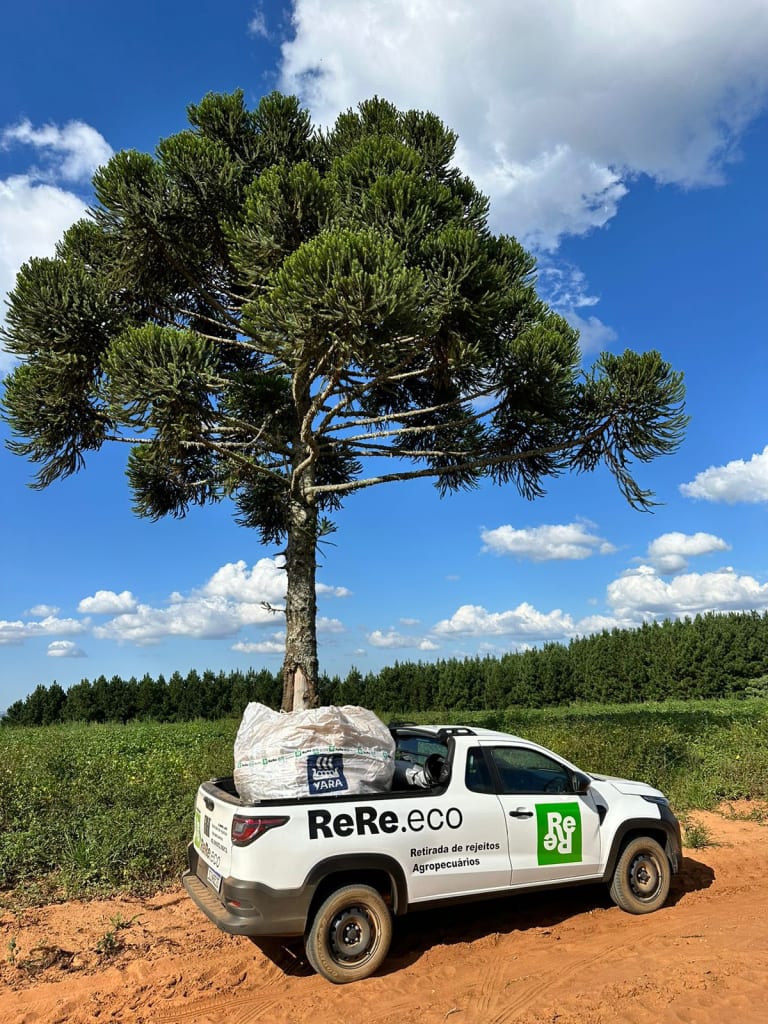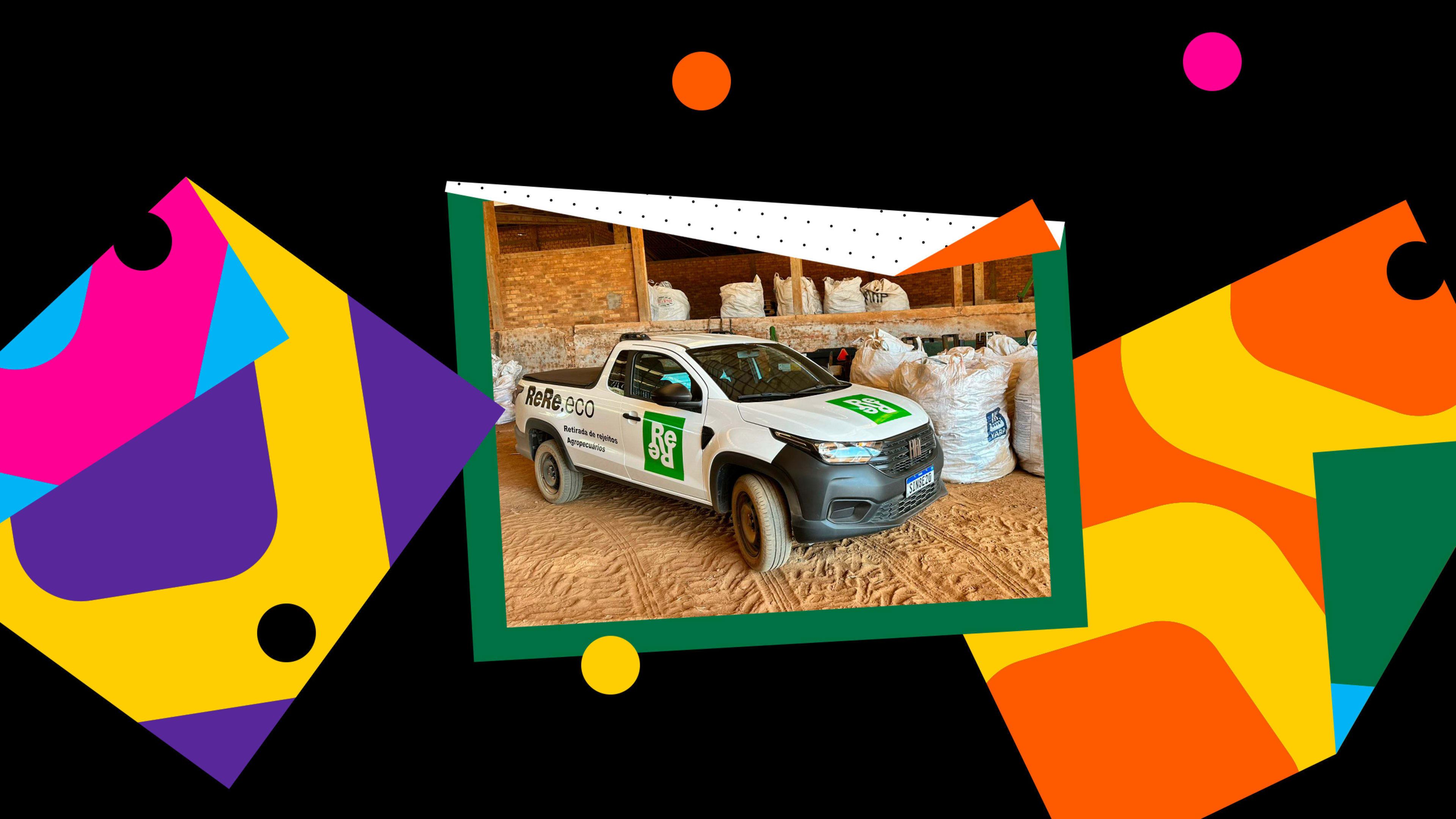Bulk bags. Big bags. Jumbo bags. Super sacks. Flexible intermediate bulk containers (FIBCs). One of the most common containers used in the agriculture and construction industries has many monikers but just one very important use: It transports large volumes of heavy stuff. Farmers use bulk bags to hold things like grains and fertilizers; construction crews pack them full of sand or rubble. They’re woven out of strands of polypropylene plastic, which makes them both lightweight and very strong, a clutch combination.
But polypropylene can’t be recycled, so the hundreds of millions of bulk bags produced each year are an environmental nightmare. “Some farmers save them in a corner, but you can find these bags blocking rivers,” says Rodrigo Magnago, head of innovation for Brazil-based Packem Textil. “They will fill with rainwater, so different types of diseases from mosquitoes can proliferate.”

Up until recently, Packem was part of the problem, producing and selling millions of polypropylene bulk bags in its home country. In 2020, the company set out to reinvent the bulk bag using polyethylene terephthalate—or PET, for short—a common type of plastic that can be recycled over and over again. But doing so wouldn’t be easy, because the machinery used to make the standard bulk bags can’t handle the fibers in PET plastic.
Packem worked with Starlinger Machinery to adapt the process for PET yarn. It took two years, but it paid off: Packem’s new PET Big Bags are not only recyclable but stronger and more weather-resistant than their polypropylene predecessors.
In 2022, Packem began producing the new PET Big Bags in its factories in Brazil and India. By 2023, it had sold 2.4 million PET bags and abandoned polypropylene production altogether. To really close the loop, Packem launched a new division focused specifically on retrieving old PET bulk bags from 5,000 farms in Brazil and returning them to a brand-new recycling facility in the southern city of Curitiba. It has the capacity to recycle 15 million bags a year. Pakem monitors the waste buildup at farms and only schedules a collection once enough bags have piled up so each trip can be as efficient as possible. The company is developing a plan to work with private waste collectors to improve logistics in hard-to-reach rural areas.
These bags, and the process developed to recycle them, are the winner of Fast Company’s World Changing Ideas Award in the Latin America category.
Packem’s annual revenue jumped from $36 million in 2022 to $46 million in 2023 after the PET bag rollout. This year, the company plans to produce and recycle roughly 9 million PET bulk bags in Brazil alone, and it’s striving to be a model for other bulk bag suppliers across the world. “We are just one supplier,” Magnago says. “I really can’t imagine how many bags are in the environment when adding up all the suppliers. It’s something unimaginable.”
Explore the full list of Fast Company’s World Changing Ideas, 281 projects that are making the world more accessible, equitable, and sustainable for everyone. We’ve selected the companies, organizations, and nonprofits making the biggest impact across 50 categories, including architecture, energy, finance, transportation, and more.
Recognize your brand’s excellence by applying to this year’s Brands That Matter Awards before the final deadline, June 7.
Sign up for Brands That Matter notifications here.
